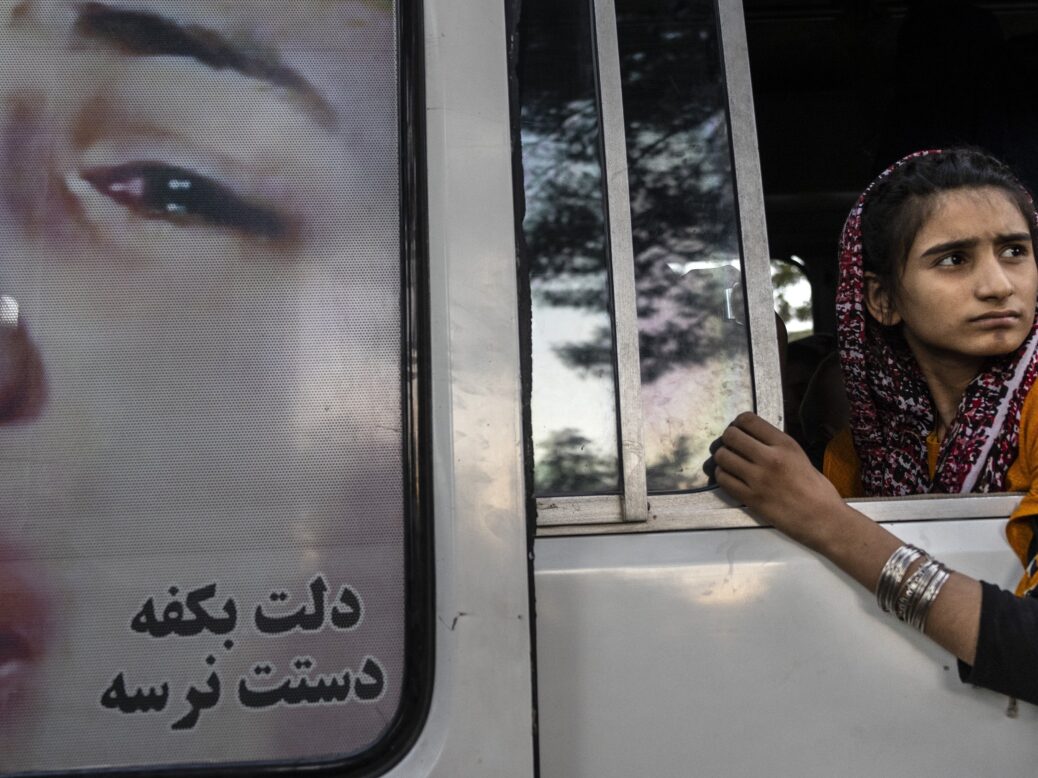
The Taliban have now taken control of Kandahar, Afghanistan’s second largest city. The US have announced that they intend to deploy 3,000 troops within the next 38 hours to facilitate the evacuation of American citizens and diplomats, while the UK will deploy 600 soldiers to do the same for British personnel. Both countries will maintain a small diplomatic presence in the country: for now.
[See also: Our indifference to the fate of Afghanistan’s people may become a source of national shame]
The Taliban’s swift advance over the country has seen the military group capture huge amounts of material and equipment, which, inevitably, means that people are now asking what the consequences for the world outside of Afghanistan will be when the country falls entirely under the Taliban’s control again.
One consequence of the Taliban’s victory will be a more dangerous world and a greater threat from jihadist terror here in the United Kingdom. Similarly, among the biggest victims of the Taliban’s victory will be people in Afghanistan who worked with US-led forces over the past decade.
But the most immediate costs will be borne by the people who haven’t worked for the Afghan government or with US-led forces, but who have simply enjoyed a better life than the one they would have had 20 years ago: young girls who have gone to school, for example, and families whose only route to a better life now may rest on the uncertain and dangerous deck of a rubber dinghy.
[See also: Will the US withdrawal from Afghanistan come to haunt Joe Biden’s presidency?]






